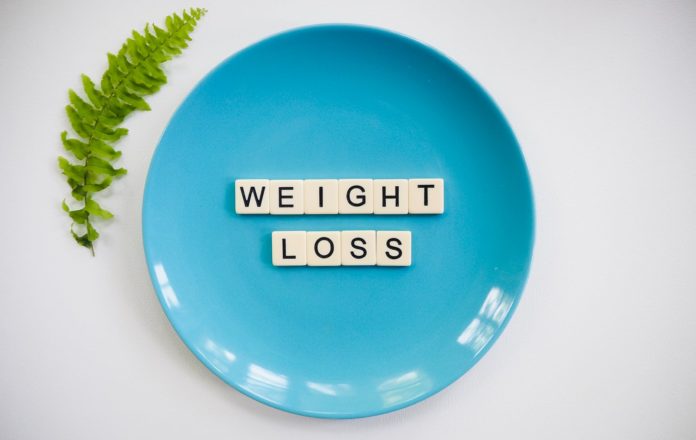A new study conducted by the University of Warwick and University Hospitals Coventry and Warwickshire (UHCW) NHS Trust suggests that obese people over the Age of 60 can lose the same weight as younger people. They have to bring changes in their lifestyle. It indicates that Age is no barrier to successful weight loss.
The study results are expected to change the mindset about the effectiveness of weight loss programs in older people, i.e., the study will clear myths about the potential benefits of older people trying to reduce their weight.
For the study, scientists selected 242 patients who attended the WISDEM-based obesity service between 2005 and 2016 and compared two groups (those aged under 60 years and those aged between 60 and 78 years) for the weight loss time within the service.
All patients had their body weight measured before and after lifestyle interventions administered and coordinated within the WISDEM-based obesity service. The rate of decrease in body weight was determined across both groups. When compared, the two groups were equal factually, with those aged 60 years and over on average reducing their body weight by 7.3% compared with a bodyweight reduction of 6.9% in those aged under 60 years. Both groups spent a similar amount of time within the obesity service, an average of 33.6 months for those 60 years and over and 41.5 months for those younger than 60.
The hospital-based program used only lifestyle-based changes tailored to each patient, focusing on dietary changes, psychological support, and physical activity encouragement. Most of the patients referred to the obesity service were morbidly obese with BMIs typically over 40Kgm-2.
Lead author Dr. Thomas Barber of Warwick Medical School at the University of Warwick said: “Weight loss is important at any age, but as we get older, we’re more likely to develop the weight-related co-morbidities of obesity. Many of these are similar to the effects of aging, so you could argue that the relevance of weight loss becomes heightened as we get older, and this is something that we should embrace.”
“There are several reasons why people may discount weight loss in older people. These include an ‘ageist’ perspective that weight-loss is not relevant to older people and misconceptions of older people’s reduced ability to lose weight through dietary modification and increased exercise.”
“Older people may feel that hospital-based obesity services are not for them. Service providers and policymakers should appreciate the importance of weight loss in older people with obesity, for the maintenance of health and wellbeing and the facilitation of healthy aging. Furthermore, Age per se should not contribute to clinical decisions regarding the implementation of older people’s lifestyle management.”
“Age should be no barrier to the lifestyle management of obesity. Rather than putting up barriers to older people accessing weight loss programs, we should be proactively facilitating that process. To do otherwise would risk further and unnecessary neglect of older people through societal ageist misconceptions.”
Journal Reference:
- Eimear Leyden, Petra Hanson, Louise Halder, Lucy Rout, Ishbel Cherry, Emma Shuttlewood, Donna Poole, Mark Loveder, Jenny Abraham, Ioannis Kyrou, Harpal S. Randeva, FT Lam, Vinod Menon, Thomas M. Barber. Older Age does not influence the success of weight loss through the implementation of lifestyle modification. Clinical Endocrinology, 2020; DOI: 10.1111/cen.14354
